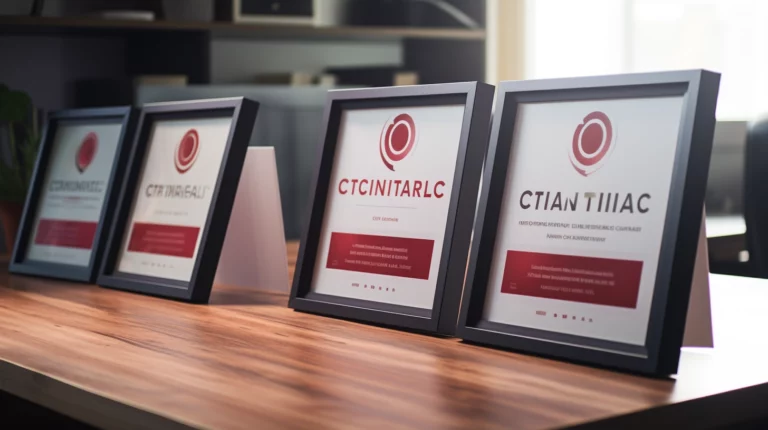In the increasingly specialized and competitive world of work, demonstrating one’s skills and competencies has become more critical than ever. This is where skill certificates, also known as competency certificates, come into play. These credentials validate that a person has acquired specific skills, often leading to enhanced employability and professional growth. This article discusses the concept, examples, and importance of skill certificates, including what is skill certification.
Understanding Skill Certificates
Skill certificates, also known as competency certificates, are issued upon the successful completion of a course or training program that focuses on specific skills. These certificates can cover a wide range of skill sets, from technical abilities to soft skills like leadership or communication. The main objective is to provide official validation of a person’s ability to perform specific tasks or roles.
Examples of Skill Certificates
Skill certificates can be found in various fields. Here are a few examples:
- Computer Programming Certificates: These can include certificates in specific programming languages, such as Python, Java, or C++.
- Graphic Design Certificates: These validate skills in design tools and principles, like Adobe Photoshop or Illustrator proficiency.
- Project Management Certificates: These certify skills in managing projects, such as the Project Management Professional (PMP) certification.
- Language Proficiency Certificates: Examples include the Test of English as a Foreign Language (TOEFL) or the Diplôme d’Études en Langue Française (DELF) for French.
The Value of Skill Certificates
Skill certificates provide numerous benefits:
- Skill Validation: They serve as evidence of a person’s skills, enhancing credibility and employability.
- Career Advancement: Many employers value skill certificates during hiring or promotion decisions, as they prove a commitment to lifelong learning.
- Focused Learning: Skill certificate programs are often shorter and more focused than degree programs, providing a quicker way to gain specific skills.
- Flexibility: Many skill certificate programs are available online, offering flexible learning opportunities.
In conclusion, skill certificates are a powerful tool for individuals seeking to gain, update, or validate specific skills. In an era where the demand for skills is constantly evolving, these certificates provide a pathway to stay relevant and competitive in the job market.

